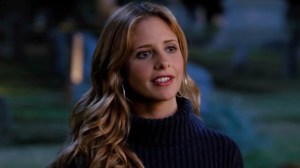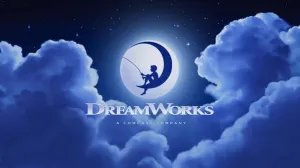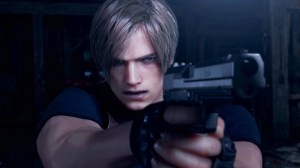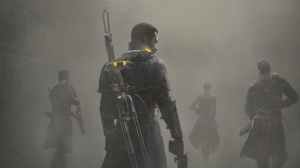HBO’s critically lauded adaptation of The Last of Us unveiled the fourth episode of its intense second season last night, guided by a director well-known to MCU enthusiasts. Kate Herron, celebrated for orchestrating the entirety of Loki‘s debut season on Disney+, brought her distinct vision to the latest chapter in Ellie’s (Bella Ramsey) harrowing post-apocalyptic saga. Herron’s episode continues the show’s ambitious Season 2 narrative, which delves into the complex and often brutal events of the sequel game, The Last of Us Part II. Airing Sunday on HBO and Max, the installment benefits from Herron’s unique perspective as part of a carefully selected team of directors tasked by showrunners Craig Mazin and Neil Druckmann with navigating this challenging new territory.
Videos by ComicBook.com
As director and executive producer of Season 1, Herron’s work on Loki involved managing its large-scale science fiction concepts and establishing the memorable aesthetic of the Time Variance Authority. She also grounds cosmic stakes in compelling character studies, particularly exploring the evolution of Tom Hiddleston’s titular anti-hero. These were elements carried on to Loki Season 2, helping the show to score a sophomore hit. Now, The Last of Us shows how Herron can translate that skillset to the gritty survival horror universe. Herron’s episode follows Ellie and Dina (Isabela Merced) as they navigate the unfamiliar territory of Seattle, deepening their relationship while confronting the brutal realities of the city’s warring factions, directly building upon the traumatic events established earlier this season.
[RELATED: The Last of Us Finally Gives Fans Scene They Thought Was Cut: “The Moment We’ve Been Waiting For”]
Herron joins a distinguished group of directors enlisted by Mazin and Druckmann for Season 2, including Peter Hoar (who directed Season 1’s “Long, Long Time”), Mark Mylod (Succession), Nina Lopez-Corrado (Perry Mason), and Stephen Williams (Watchmen). Mazin and Druckmann also direct, ensuring Season 2 remains cohesive despite the diverse team of directors. This team brings expertise to the table as the series tackles the challenging adaptation of Part II.
The Last of Us Season 2 Embraces Part II‘s Controversial Narrative
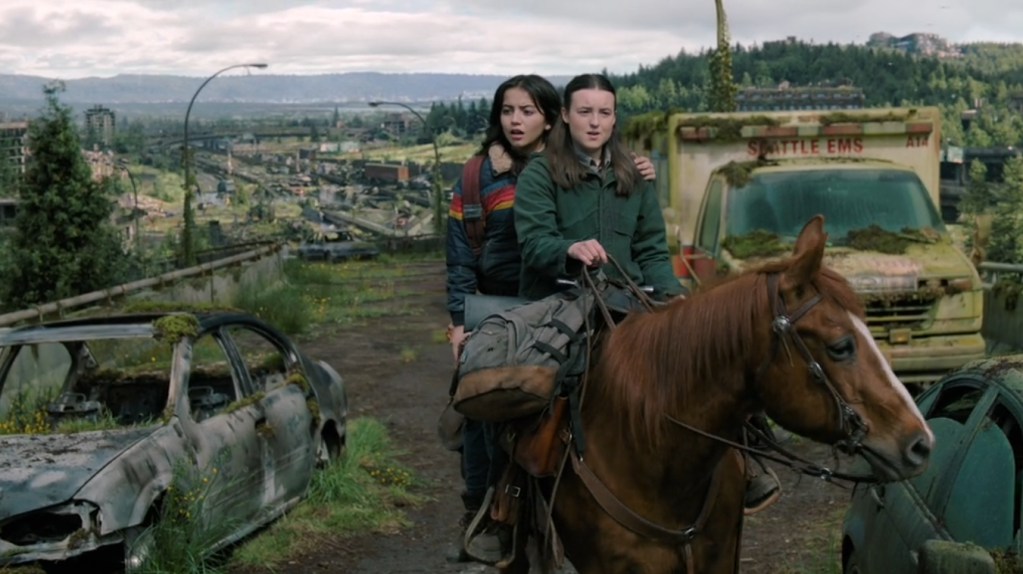
The second season of the HBO series is navigating one of the most acclaimed yet divisive narratives in modern gaming history: The Last of Us Part II. That includes plot points that polarized its fanbase, particularly the brutal death of protagonist Joel Miller (Pedro Pascal) and the introduction of his killer, Abby Anderson (Kaitlyn Dever). The show demonstrated its commitment to this controversial path early in the season, depicting Joel’s shocking murder in Episode 2 with unflinching brutality. This decision signaled the adaptation’s intent to explore the game’s core themes of cyclical violence, trauma, and the often-blurred lines between hero and villain, setting a dark and challenging tone for the season.
Despite telling the same story, The Last of Us adaptation is ignoring the complex structure of Part II. The game famously splits its narrative, forcing players to inhabit Abby’s perspective for a significant later portion of the game, a move designed to foster empathy for a character initially presented as antagonistic. The introduction of Abby and her crew in the early episodes of HBO’s series, however, already establishes her motivations tied directly to her father’s death at Joel’s hands, laying the groundwork for her redemption. Similarly, the casting of Jeffrey Wright as WLF leader Isaac and the depiction of the WLF/Seraphite conflict in Seattle begin building the world that shapes Abby’s experience, hinting at the broader societal collapses and factional warfare the show will explore beyond Ellie’s personal quest for vengeance.
The Last of Us Season 2 airs Sunday nights on HBO and is available to stream on Max.
How do you think the show is handling the adaptation of The Last of Us Part II‘s most controversial elements so far? Share your thoughts in the comments below!

